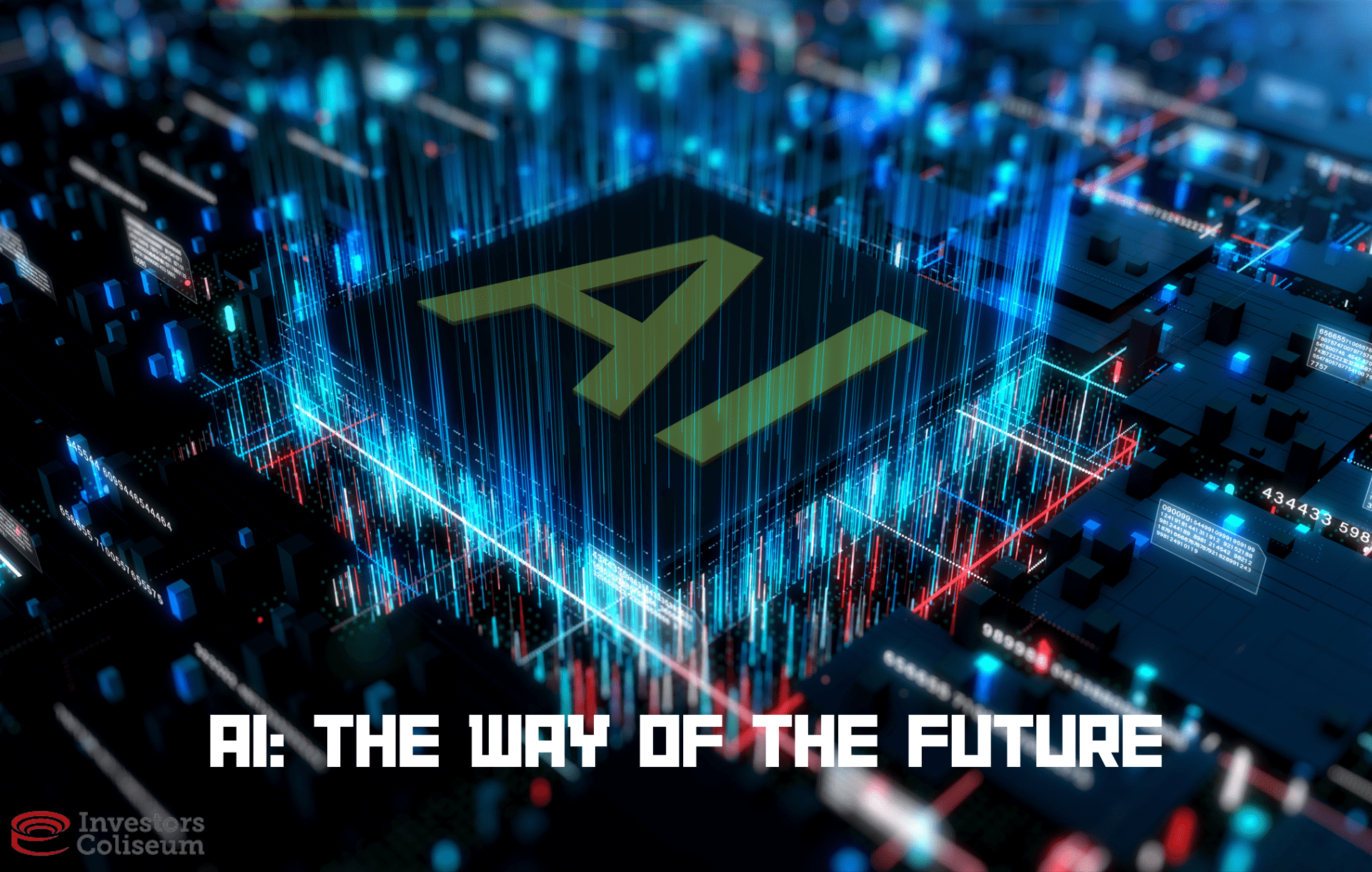
Artificial Intelligence (AI) has emerged as a transformative technology that is revolutionizing various aspects of our lives. With rapid advancements in computing power, data availability, and algorithmic breakthroughs, AI is becoming increasingly integrated into our daily routines, industries, and decision-making processes. This essay explores the profound impact of AI on the future, highlighting its potential across diverse domains and addressing key concerns associated with its widespread adoption.
AI in Healthcare:
AI has the potential to revolutionize healthcare by improving diagnostics, accelerating drug discovery, and enhancing patient care. Machine learning algorithms can analyze vast amounts of medical data to identify patterns and predict diseases with remarkable accuracy. AI-powered systems can aid in the early detection of conditions such as cancer, enabling timely intervention and potentially saving lives. Moreover, AI-powered robots and virtual assistants can assist doctors and nurses, streamline administrative tasks, and provide personalized care to patients.
AI in Transportation:
The future of transportation lies in AI-driven systems. Autonomous vehicles equipped with AI algorithms can enhance road safety, reduce traffic congestion, and increase fuel efficiency. These vehicles can communicate with each other, analyze traffic patterns, and make split-second decisions to avoid accidents. Additionally, AI can optimize logistics and supply chain management, leading to cost savings and improved delivery times.
AI in Education:
AI has the potential to transform education by enabling personalized learning experiences. Intelligent tutoring systems can adapt to individual student’s needs, providing tailored content and feedback. AI-powered chatbots can assist with student queries, freeing up valuable time for educators. Furthermore, AI can analyze large educational datasets to identify trends, helping policymakers make informed decisions regarding curriculum development and resource allocation.
AI in Finance:
The finance industry can leverage AI to improve fraud detection, risk assessment, and customer experience. Machine learning algorithms can analyze vast amounts of financial data in real time, identifying anomalies and potentially fraudulent activities. AI-powered chatbots and virtual assistants can provide personalized financial advice and streamline customer interactions. Moreover, AI algorithms can analyze market trends and patterns to make data-driven investment decisions.
AI in Environmental Sustainability:
AI can play a crucial role in addressing environmental challenges. By analyzing large datasets, AI algorithms can identify patterns and provide insights for sustainable resource management. AI-powered sensors can monitor air and water quality, detect pollution sources, and enable timely interventions. Furthermore, AI can optimize energy usage, reducing waste and greenhouse gas emissions.
Concerns and Considerations:
While the potential of AI is vast, it is essential to address concerns associated with its widespread adoption. Key considerations include:
Ethical Implications:
AI systems must be designed and deployed in a manner that upholds ethical principles, ensuring transparency, fairness, and accountability. Safeguards should be in place to prevent bias, discrimination, and misuse of AI technologies.
Job Displacement:
The integration of AI in various industries may lead to job displacement as certain tasks become automated. It is crucial to prioritize reskilling and upskilling programs to empower individuals with the necessary skills for the evolving job market.
Privacy and Security:
The widespread use of AI involves the collection and analysis of massive amounts of data. Privacy concerns must be addressed through robust data protection measures, ensuring data security and user consent.
Conclusion:
AI is undeniably the way of the future, with its potential to revolutionize industries and improve various aspects of our lives. From healthcare and transportation to education and finance, AI-driven systems have the power to enhance efficiency, accuracy, and sustainability. However, it is vital to navigate the ethical, societal, and economic implications associated with AI adoption, ensuring that it serves as a tool for human progress. By embracing AI responsibly, we can unlock its full potential and shape a future where humans and intelligent machines.